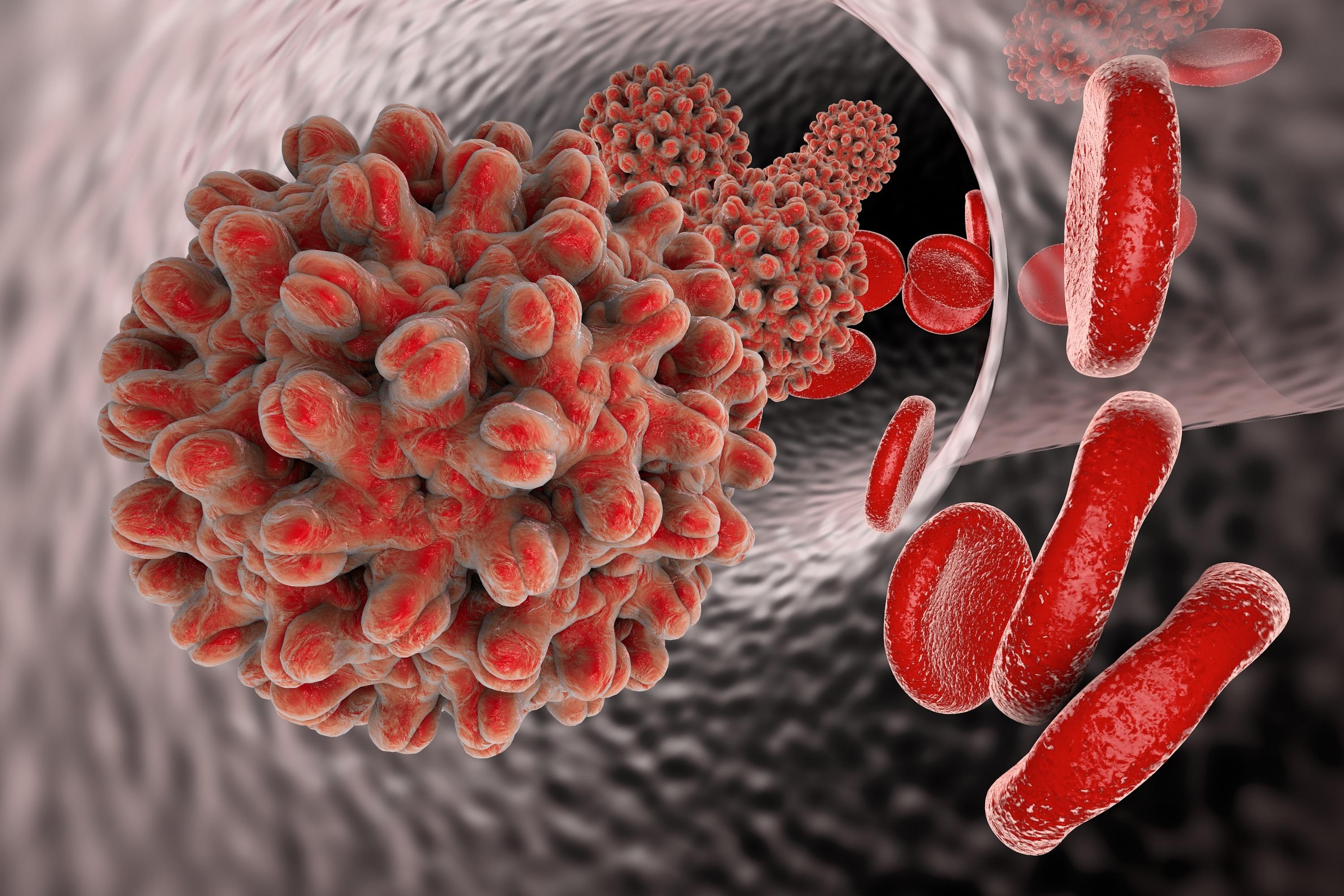Quick Answer: Hepatitis B may cause symptoms like fatigue, jaundice, nausea, and joint pain, but many people feel nothing at all until the infection becomes chronic or severe. Testing is the only reliable way to know your status.
Case Study: “I Felt Fine, Until I Didn’t”
Sophia, 29, went in for a routine physical required for her new job. She had no complaints, no pain, no fatigue, no yellowing of the eyes. A week later, her doctor called: she tested positive for Hepatitis B. Follow-up tests revealed she’d had it for years without knowing.
“I couldn’t believe it. I was healthy, I worked out, I ate well. But I learned that Hep B can stay silent until it’s already causing liver damage.”
Sophia’s experience is common. According to the CDC, up to 70% of adults with acute Hep B have no noticeable symptoms. Chronic Hep B can be even stealthier, sometimes showing no signs for decades while still harming the liver.
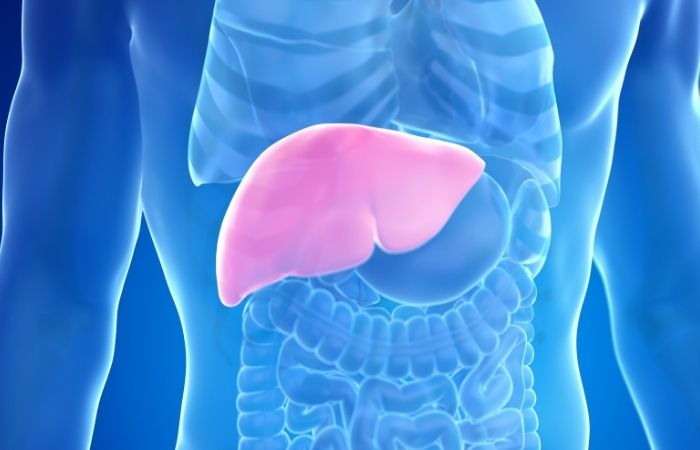
People are also reading: Why Lube Is Both a Protector and a Risk (Yes, Really)
Early Symptoms: The Ones You Might Miss
When Hep B does cause symptoms, they often appear 60–150 days after exposure and can be mistaken for the flu or food poisoning. These early signs include:
- Fatigue: A tiredness that doesn’t improve with rest
- Low-grade fever that comes and goes
- Nausea or vomiting with no clear cause
- Loss of appetite or feeling full quickly
- Joint or muscle pain
Because these symptoms are nonspecific, many people chalk them up to stress, diet, or overwork. This is why testing after possible exposure is critical, even if you feel fine.
When the Liver Sends Out a Distress Signal
If Hep B progresses or the infection becomes more intense, the liver often makes its distress visible. Signs of more severe infection include:
- Jaundice: Yellowing of the skin and eyes
- Dark urine: Often tea or cola-colored
- Clay-colored stools
- Severe abdominal pain on the right side
- Intense itching with no rash
These symptoms are a red flag to seek immediate medical attention. They can indicate that the liver is struggling to process waste and toxins effectively.
Worried after a possible exposure? This Hep B at-home test kit lets you check your status quickly and discreetly.
Why Hep B Can Feel Like Nothing at All
One of the most dangerous things about Hepatitis B is how often it hides. Many people carry the virus without a single symptom, especially in the early or chronic stages. The World Health Organization reports that most adults clear the infection naturally within six months, but a significant percentage develop chronic infection, which can slowly damage the liver over years or decades.
This “silent” phase means someone can unknowingly transmit the virus through unprotected sex, sharing personal items like razors, or even during childbirth. It’s why Hep B is sometimes called a “silent epidemic.”
Feeling fine doesn’t mean you’re in the clear. Your liver could still be under attack, without your body sending obvious warning signals.
Check Your STD Status in Minutes
Test at Home with RemediumHepatitis B Test Kit
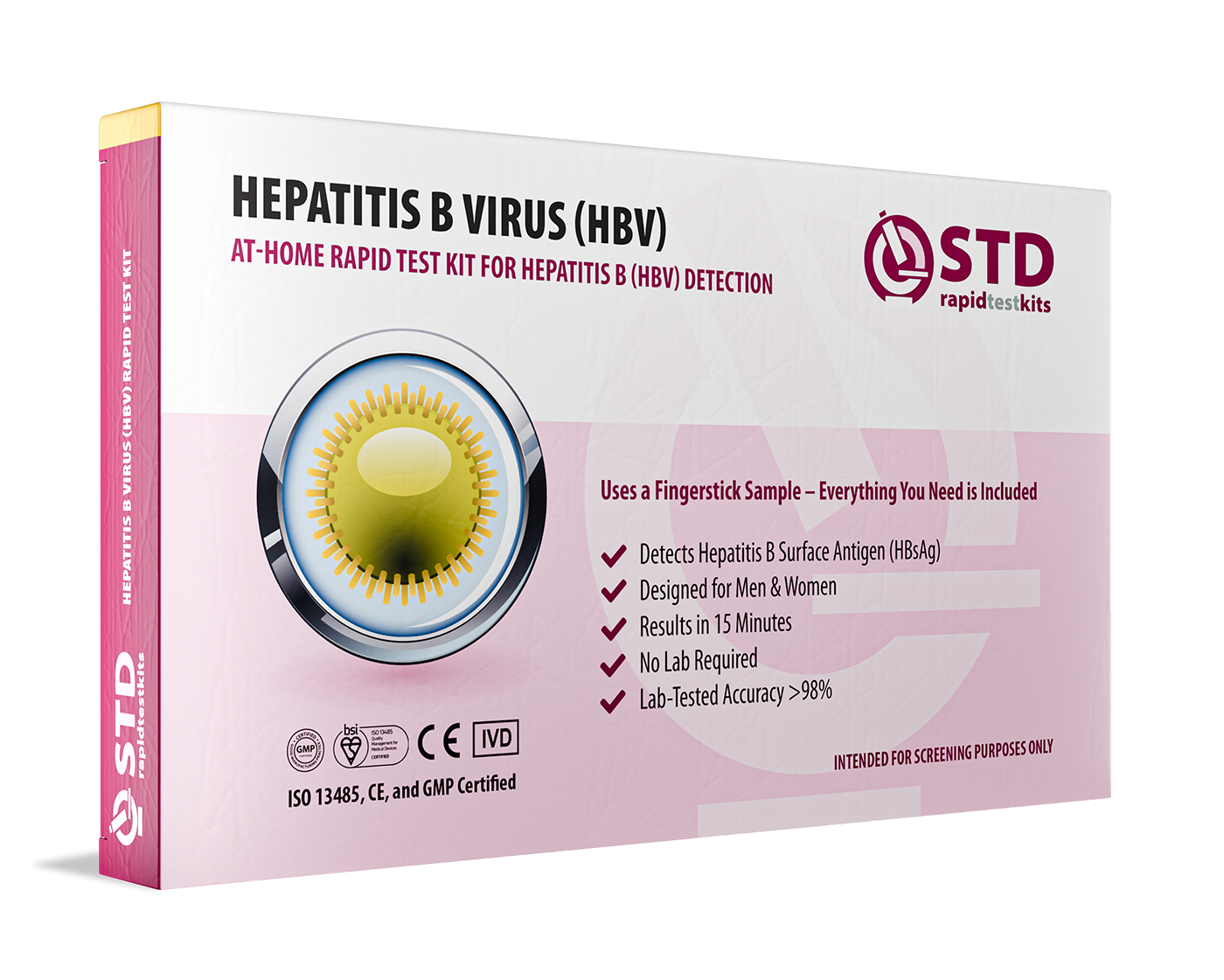
 For Men & Women
For Men & Women Results in Minutes
Results in Minutes No Lab Needed
No Lab Needed Private & Discreet
Private & DiscreetOrder Now $33.99 $49.00
The Symptoms That Signal Urgency
Some Hep B symptoms should prompt you to seek medical care immediately. These include:
- Severe jaundice that rapidly worsens
- Extreme fatigue interfering with daily activities
- Confusion or trouble concentrating (signs of hepatic encephalopathy)
- Swelling in the abdomen or legs
- Unexplained bleeding or bruising
These can indicate severe liver impairment and require urgent evaluation by a healthcare provider.
If you’re in doubt, it’s better to test and know. An at-home Hep B test can be the first step toward clarity.
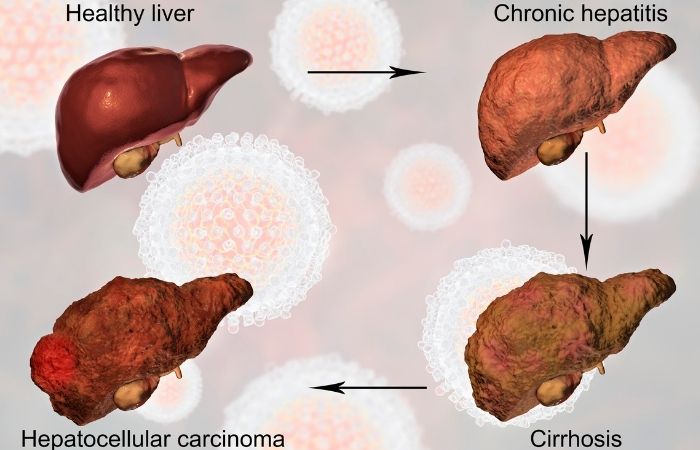
People are also reading: What No One Tells You About STDs and Hookup Culture
Why Some People Get Sick and Others Don’t
The way Hepatitis B affects you depends on several factors, age at infection, immune system strength, and whether you have other health conditions. According to the Hepatitis B Foundation, infants and young children are far more likely to develop chronic Hep B, while most healthy adults fight off the virus within months.
However, even among adults, the body’s immune response can vary wildly. Some people experience full-blown flu-like illness, while others only get mild fatigue or no symptoms at all. Genetics, co-infections, alcohol use, and lifestyle factors can all influence the experience.
This unpredictability is why universal testing, and not waiting for symptoms, is the gold standard for prevention and early treatment.
The Overlap With Other Illnesses
Hep B can mimic a lot of other conditions. Early fatigue and nausea can look like a seasonal virus. Joint pain might be mistaken for arthritis. Jaundice could be attributed to gallbladder issues. This overlap leads to delayed diagnoses, especially in people who aren’t aware they’ve been exposed.
The NHS notes that these misinterpretations are common in both acute and chronic stages, which is why doctors often order a hepatitis panel if liver enzymes are elevated, even when symptoms seem unrelated.
Bottom line: If you’re feeling “off” for more than a couple of weeks, especially with digestive or liver-related signs, it’s worth asking your provider about a Hep B test.
Case Study: “My Only Warning Sign Was a Rash”
Angela, 35, developed an itchy red rash on her legs and arms. She thought it was an allergic reaction to laundry detergent. When the rash didn’t clear up, she went to her doctor, who ran blood tests and discovered she had acute Hep B.
“I had no idea a rash could be related to my liver. If I’d ignored it, I might not have found out until things were much worse.”
While skin symptoms aren’t the most common sign of Hep B, they can occur, especially in the acute phase when the immune system is fighting the virus aggressively.
Check Your STD Status in Minutes
Test at Home with RemediumHepatitis B & Hepatitis C Test Kit
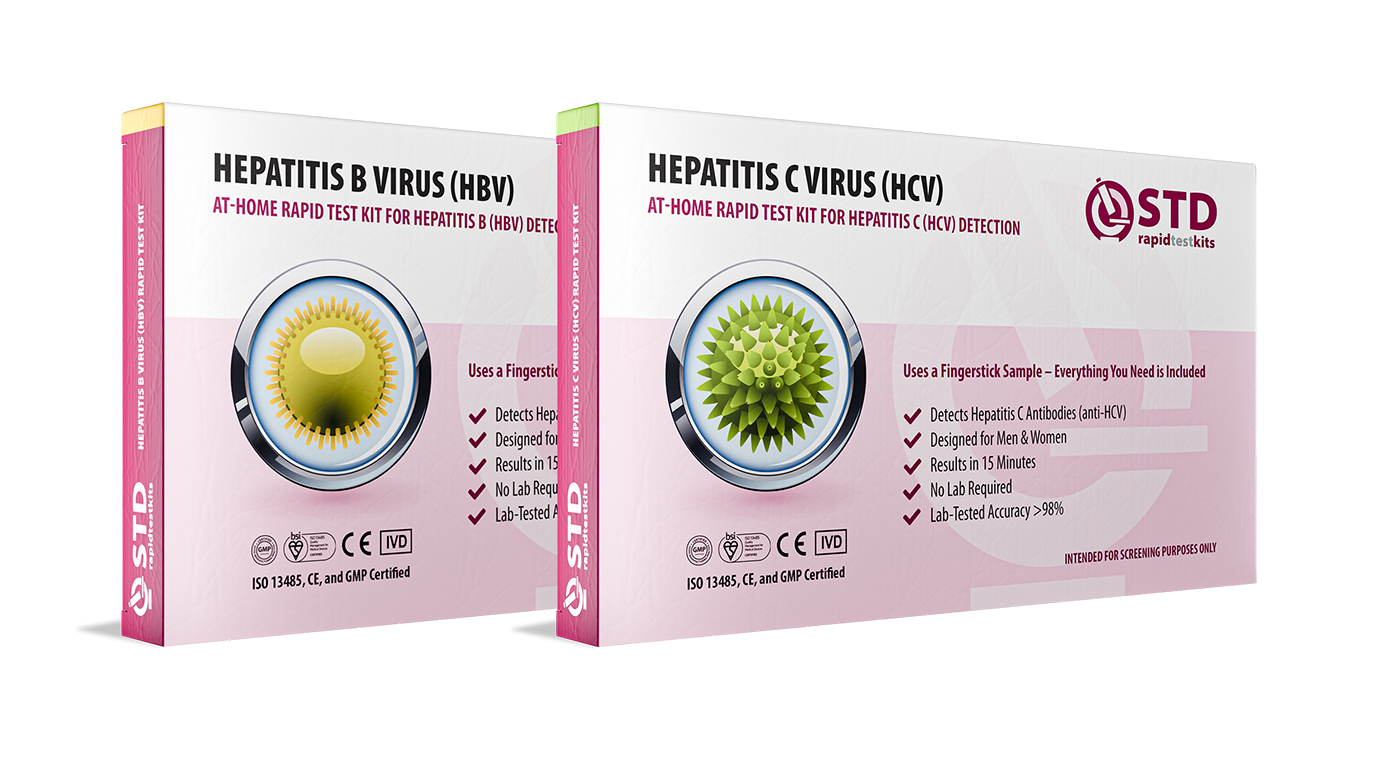
 For Men & Women
For Men & Women Results in Minutes
Results in Minutes No Lab Needed
No Lab Needed Private & Discreet
Private & DiscreetOrder Now $49.00 $98.00
For all 2 tests
When Symptoms Start to Show Up Years Later
Symptoms of chronic Hep B frequently don't show up until serious liver damage has already taken place. Decades of infection may go unnoticed before any symptoms appear. Without vigorous treatment or, in extreme situations, a liver transplant, the damage might already be irreparable.
For those with known risk factors, such as having a family member with a chronic infection, being born in an area where Hep B is prevalent, or participating in activities that increase the risk of transmission, routine screening is essential.
Catching Hep B early prevents it from subtly altering your future health.
How Hep B Spreads (And Doesn't)
The way that Hepatitis B spreads is one of the most pervasive myths. People often misunderstand the conditions that lead to transmission, despite the fact that the virus is bloodborne. Hep B can spread through unprotected sexual contact, sharing of needles, transmission from mother to child during childbirth, and sharing of personal items such as razors or toothbrushes that may contain blood traces.
Hand-to-hand contact, coughing, or sneezing cannot spread hepatitis B. This distinction is important because, even in situations where there is no risk, people avoid positive people because of the stigma attached to Hep B.
According to the World Health Organization, safe sex practices and vaccination are two of the most effective ways to prevent transmission, especially in areas where the virus is more common.
Vaccination's Function in Prevention
When the entire series is administered, the Hep B vaccine provides over 95% protection, making it one of the most effective means of preventing infection. By teaching your immune system to identify and combat the virus before it can cause an infection, the vaccine works.
Newborns in many nations receive their first dose of the Hep B vaccine within 24 hours of birth, with additional doses given over the course of the following few months. The vaccine can be an important protection for adults, particularly those with higher risk factors, such as healthcare workers, people with multiple sexual partners, or people who live with someone who has Hep B.
A straightforward blood test can establish your immunity status even if you're not sure if you've received any vaccinations. Your doctor can begin the vaccination series immediately if you are not immune.

People are also reading: Pregnancy and Trichomoniasis: What OBs Wish Partners Knew
FAQs
1. Can you have Hep B and feel totally fine?
Yes, and that’s what makes it tricky. A lot of people never notice symptoms, especially if it turns into a long-term (chronic) infection. But even if you feel okay, the virus can still quietly damage your liver over time.
2. What are the most common signs something’s wrong?
The classic list includes fatigue, fever, nausea, loss of appetite, achy joints, yellowing skin or eyes (jaundice), and dark pee. Some people get all of these, some just a couple, and others none at all.
3. How soon would symptoms show up after exposure?
If symptoms show up at all, it usually takes two to five months. Testing is important because some people never exhibit clear warning signs.
4. Can Hep B affect your skin?
Indeed. Particularly in the early (acute) stage, some people experience rashes or itchy patches. Although it's not the most typical symptom, it does occur.
5. Which is more dangerous, acute or chronic Hep B?
Chronic Hep B is riskier long-term because it can lead to cirrhosis (scarring of the liver) and even liver cancer if untreated. Acute Hep B can still be serious, but most healthy adults clear it within six months.
6. Can you tell Hep B from Hep C based on how you feel?
Nope. The symptoms overlap so much that even doctors can’t tell without a test. Bloodwork is the only way to know which virus it is.
7. What if I think I was exposed to Hep B?
Don’t wait it out, get tested right away. In some cases, doctors can give you a preventive shot (post-exposure prophylaxis) that stops the virus from taking hold if you act quickly.
8. Can lifestyle changes really make a difference?
Of course. Avoiding alcohol, eating in a way that supports your liver, and getting regular monitoring all help protect your health if you’re living with Hep B.
9. Is there a cure for Hep B?
Not yet. But there are strong antiviral treatments that can control the virus, lower the chance of liver damage, and help you live a long, healthy life.
10. Should I tell my partners if I have Hep B?
Yes, even though it’s hard. Partners need to know so they can get tested and, if they haven’t already, get vaccinated.
You Deserve Clarity, Not Guesswork
Hep B doesn’t always make itself known, but that doesn’t mean it isn’t doing harm. Whether you’re feeling sick, just “off,” or perfectly fine, knowing your status is one of the most powerful things you can do for your health.
Don’t wait for symptoms to tell you something’s wrong. This at-home Hepatitis B test kit lets you check quickly, discreetly, and on your own terms.
Sources
2. WHO – Hepatitis B Fact Sheet






